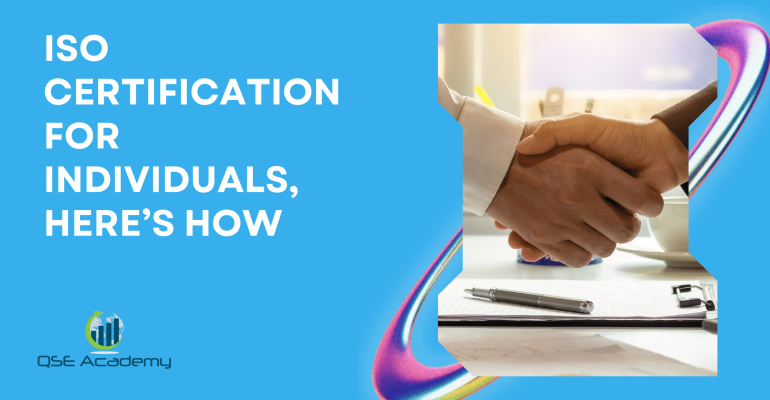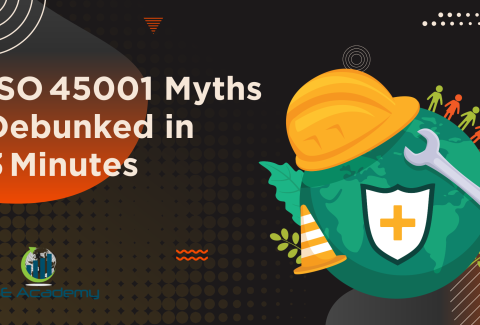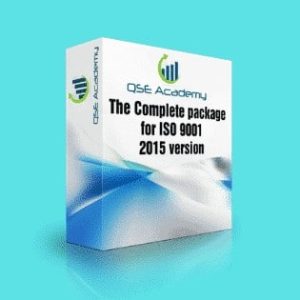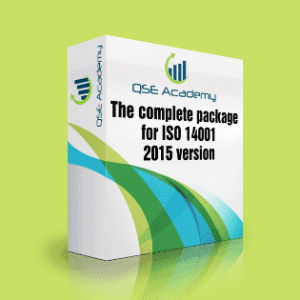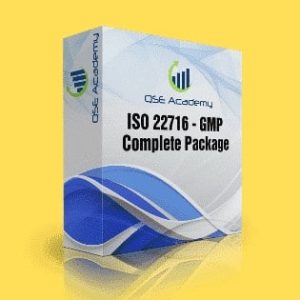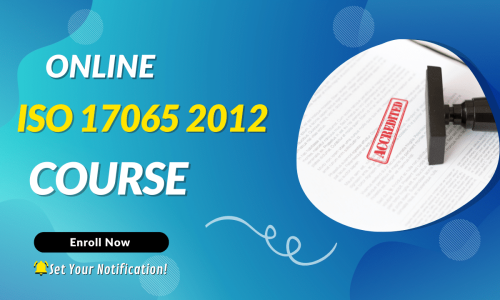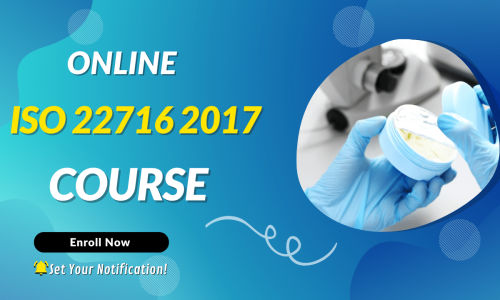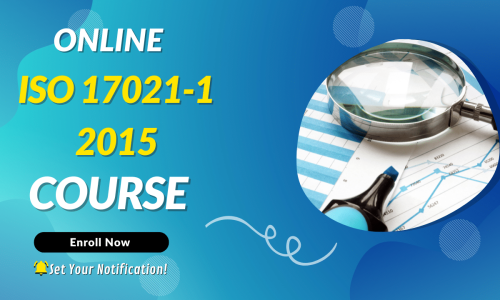ISO certification for individuals, Here’s How
Last Updated on December 23, 2025 by Hafsa J.
ISO certification for individuals, Here’s How
ISO certification for individuals is a structured credential that proves your personal knowledge, skills, and competence in applying ISO standards—such as ISO 9001, ISO 14001, or ISO 45001—in real-world situations. Unlike organizational certification, which evaluates a company’s systems, ISO certification for individuals focuses entirely on the professional. If you’re looking to work as an internal auditor, lead auditor, or QMS consultant, this type of certification is a recognized and respected qualification across industries.
Getting ISO certification for individuals is straightforward, but it does involve a few important steps. You’ll need to:
-
Choose a specific ISO standard to specialize in
-
Select an accredited training provider
-
Complete the required course and assessment
-
Earn your personal certificate through a recognized certification body
This article will walk you through exactly how to get ISO certification for individuals, which types of courses are available, who offers them, and what you can expect during the process. Whether you’re just getting started in quality management or looking to advance into a certified auditing role, this guide will help you move forward with confidence.
What Is ISO Certification for Individuals?
When people hear “ISO certification,” they often think of organizations. But ISO certification for individuals is a growing path for professionals who want to demonstrate their understanding of ISO standards and their ability to apply them in the workplace. It’s about personal expertise—not company systems.
Understanding the Concept
ISO certification for individuals is not issued directly by ISO itself. Instead, it’s offered through accredited training bodies that follow ISO’s standards and frameworks. These courses provide structured instruction, real-world examples, and assessments to evaluate your understanding of the standard.
Unlike organizational certification, which evaluates whether a company’s quality management system complies with ISO standards, ISO certification for individuals verifies a person’s ability to interpret, implement, and audit those standards.
Standards That Support Individual Certification
There isn’t just one ISO standard involved. Depending on your career path, you might pursue personal certification in areas such as:
-
ISO 9001 (Quality Management)
-
ISO 14001 (Environmental Management)
-
ISO 45001 (Occupational Health & Safety)
-
ISO 27001 (Information Security)
-
ISO 22000 (Food Safety)
-
ISO 13485 (Medical Devices)
-
ISO 17025 (Testing and Calibration Labs)
Each of these tracks supports ISO certification for individuals in specific industries, helping you gain recognized expertise and professional credibility. Whether you’re aiming to audit, consult, or support compliance, this type of certification signals that you’re qualified and well-prepared.
Common ISO Certification Tracks for Individuals
When it comes to ISO certification for individuals, there isn’t a one-size-fits-all approach. Different certifications are designed for different roles, levels of responsibility, and areas of focus. Choosing the right track depends on your current role, your goals, and the ISO standard most relevant to your work.
Awareness-Level and Foundation Courses
These entry-level programs are ideal for those who are new to ISO standards. They help individuals build a basic understanding of how ISO systems work and why they matter. If you’re part of a quality team, supporting compliance, or exploring a new field, these courses provide the first step in earning ISO certification for individuals.
Topics often include:
-
Basic ISO terminology and structure
-
Introduction to risk-based thinking
-
Overview of process and documentation requirements
Internal Auditor Certification
This level of ISO certification for individuals is for professionals responsible for evaluating their organization’s ISO system from within. Internal auditor courses teach you how to plan, perform, and report audits aligned with ISO standards.
Participants learn how to:
-
Review documentation effectively
-
Identify and classify nonconformities
-
Conduct interviews and write audit findings
Lead Auditor Certification
Lead auditor programs are the most advanced and are meant for individuals who conduct external audits, including those working for certification bodies. This ISO certification for individuals covers a deep understanding of ISO principles, audit leadership, reporting, and ethics.
If your goal is to lead audits or become a third-party assessor, this is the certification path to follow. It’s a strong credential for consultants, quality managers, and freelance auditors alike.
How to Get ISO Certification for Individuals
The process for obtaining ISO certification for individuals is straightforward but requires focus, planning, and the right training provider. Whether you’re pursuing ISO 9001 or another standard, the steps are similar and easy to follow with the right guidance.
Step-by-Step Enrollment and Training Process
To start your journey toward ISO certification for individuals, follow these core steps:
-
Choose your standard: Identify which ISO standard aligns with your current job or career goals (e.g., ISO 14001 for environmental roles, ISO 45001 for safety professionals).
-
Find an accredited course: Look for training programs approved by respected bodies such as IRCA, Exemplar Global, or PECB.
-
Register and attend: Complete the full training—whether online or in-person. Sessions typically include lectures, group discussions, and practical exercises.
-
Pass the exam: Most ISO certification for individuals ends with a formal assessment to test your knowledge of the standard and auditing or implementation skills.
-
Receive your certificate: Upon successful completion, you’ll be awarded a personal certificate that validates your ISO knowledge and competence.
Course Delivery Formats
Today, many people choose online learning because it offers flexibility without sacrificing depth. However, some professionals prefer face-to-face settings for direct interaction and practical simulations. The good news is that ISO certification for individuals can be earned through:
-
Self-paced e-learning modules
-
Virtual instructor-led courses
-
Traditional classroom settings
-
Hybrid formats combining online theory with live practice
No matter which method you choose, the goal is the same: to ensure you understand the ISO standard and can apply it confidently in your role.
Who Accredits ISO Certification for Individuals?
One of the most important things to check when pursuing ISO certification for individuals is whether the training provider is properly accredited. Not all certifications hold the same value—recognized accreditation ensures your credential is respected by employers and certification bodies around the world.
Recognized Certification Bodies and Institutions
Several global organizations are known for offering high-quality, credible training programs that lead to ISO certification for individuals. These include:
-
IRCA (International Register of Certificated Auditors)
-
Exemplar Global
-
CQI (Chartered Quality Institute)
-
PECB (Professional Evaluation and Certification Board)
-
ASQ (American Society for Quality)
When selecting a course, make sure it’s approved or delivered by one of these accredited bodies. This guarantees that the content is aligned with ISO’s structure and that your certification will be widely accepted.
How Accreditation Ensures Global Recognition
Choosing an accredited program means:
-
The training meets global competency standards
-
The certification is recognized across industries and regions
-
Your qualification is suitable for both internal and third-party roles
In short, the right accreditation gives your ISO certification for individuals real value. It shows that you didn’t just take a course—you earned a trusted, professional credential.
What to Expect from ISO Certification Exams and Requirements
Before earning ISO certification for individuals, candidates must successfully complete both the training and a final assessment. These exams are designed to confirm your understanding of the ISO standard, your ability to apply its principles, and—if applicable—your skills as an auditor.
Exam Structure and Evaluation
Most ISO certification for individuals includes a written or online exam at the end of the course. The format may vary depending on the certification body, but typically includes:
-
Multiple-choice questions covering ISO terms and clauses
-
Scenario-based questions requiring application of concepts
-
Short written answers or audit case evaluations (especially for auditor-level courses)
To pass, candidates usually need a minimum score, often around 70%. Some programs also require attendance for the full duration of training to qualify for the exam.
Practical Training Components
Especially in internal and lead auditor courses, ISO certification for individuals includes hands-on components to simulate real-world tasks. You might take part in:
-
Audit role-plays
-
Document review exercises
-
Group discussions on audit planning or corrective action
These activities help bridge theory and practice, preparing you not just to pass the test—but to perform confidently in a professional setting. Completing these requirements ensures your certification reflects both your knowledge and your readiness to apply it.
Conclusion
Pursuing ISO certification for individuals is a smart and strategic step for professionals who want to build credibility, demonstrate competence, and take on more responsibility in quality, safety, or compliance roles. Unlike organizational certification, this path focuses entirely on personal capability—proving that you understand ISO standards and can apply them effectively.
From foundation-level awareness to advanced lead auditor credentials, ISO certification for individuals offers structured training tailored to different roles and industries. Whether you prefer online learning or classroom-based instruction, there’s a course format that fits your needs and schedule.
Throughout this guide, we’ve explored how to choose the right certification track, where to get accredited training, what exams involve, and how this type of credential supports long-term career development. When earned from a reputable provider, ISO certification for individuals isn’t just another certificate—it’s a trusted mark of professionalism that speaks clearly in any industry.
If you’re ready to take that next step, explore accredited programs that match your goals—and start building your ISO credentials today.
I hold a Master’s degree in Quality Management, and I’ve built my career specializing in the ISO/IEC 17000 series standards, including ISO/IEC 17025, ISO 15189, ISO/IEC 17020, and ISO/IEC 17065. My background includes hands-on experience in accreditation preparation, documentation development, and internal auditing for laboratories and certification bodies. I’ve worked closely with teams in testing, calibration, inspection, and medical laboratories, helping them achieve and maintain compliance with international accreditation requirements. I’ve also received professional training in internal audits for ISO/IEC 17025 and ISO 15189, with practical involvement in managing nonconformities, improving quality systems, and aligning operations with standard requirements. At QSE Academy, I contribute technical content that turns complex accreditation standards into practical, step-by-step guidance for labs and assessors around the world. I’m passionate about supporting quality-driven organizations and making the path to accreditation clear, structured, and achievable.

